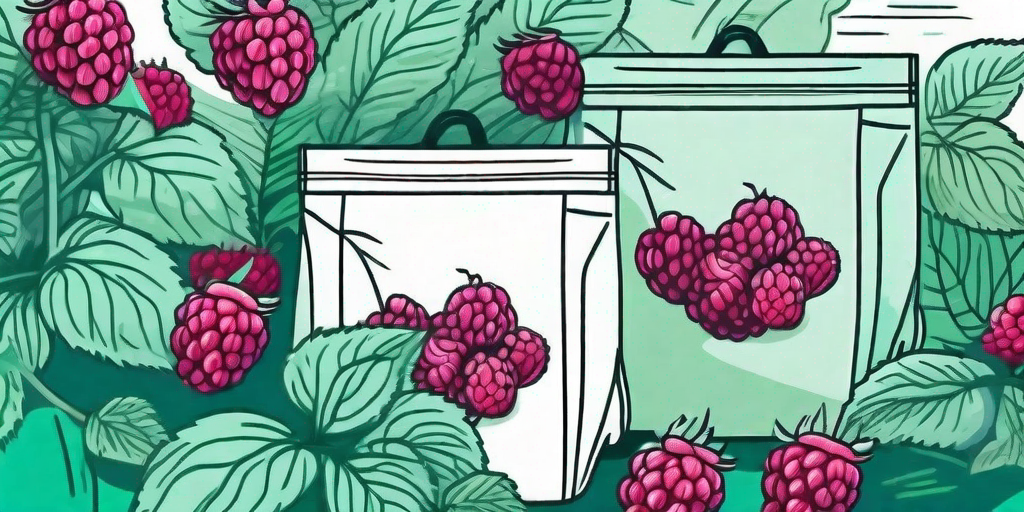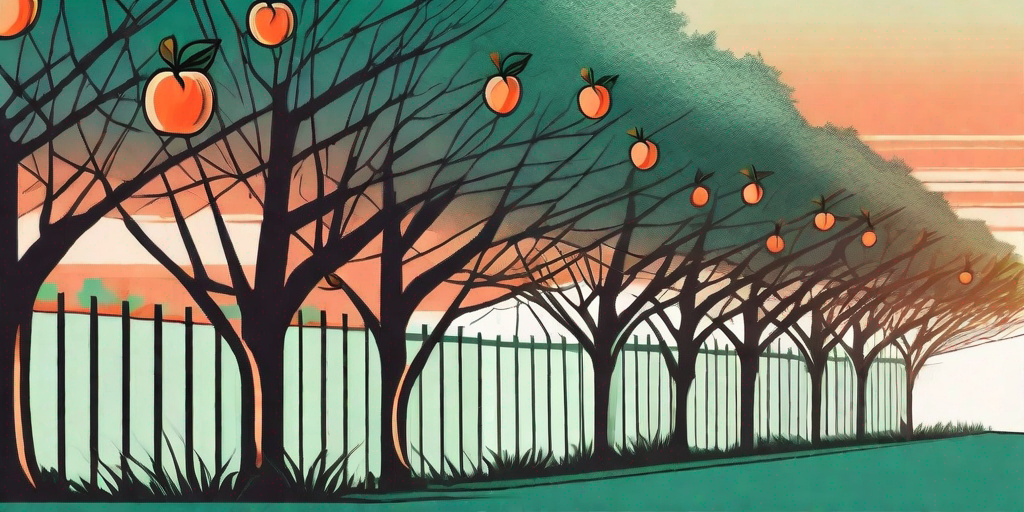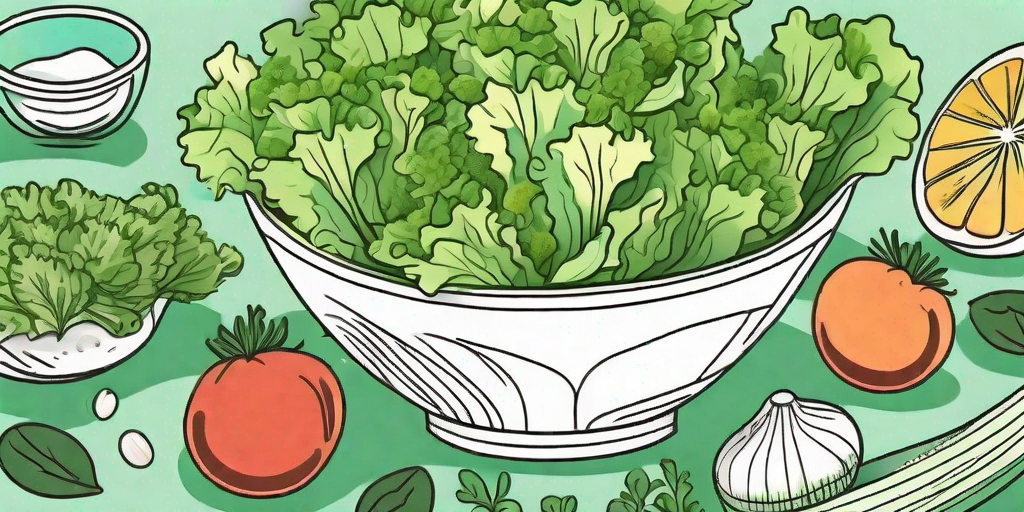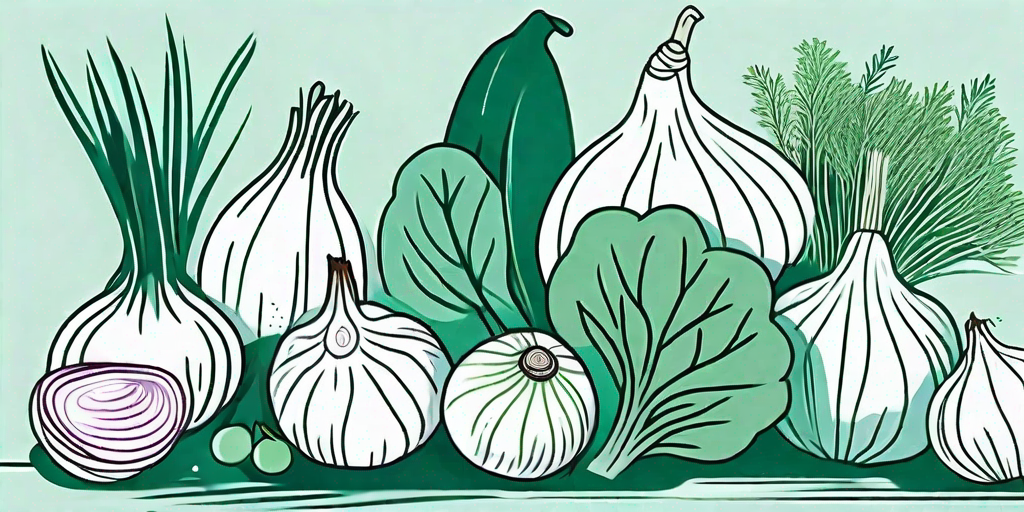
When it comes to growing juicy, mouth-watering raspberries, the secret isn't just in the seed. It's in the soil! And the best way to ensure your soil is up to snuff? Fertilizer, my friend. But not just any fertilizer, we're talking about the best raspberry fertilizer. So, buckle up, green thumbs, because we're about to dive into the world of raspberry fertilizers.
The Importance of Fertilizer for Raspberries
Now, you might be thinking, "Why do I need a specific fertilizer for my raspberries? Can't they just grow in regular soil?" Well, technically, yes. But if you want your raspberries to be the envy of every garden gnome in the neighborhood, you're going to need to give them a little extra TLC.
Raspberries, like any plant, need nutrients to grow. And while they can get some of these nutrients from the soil, most soils aren't nutrient-rich enough to support the growth of juicy, delicious raspberries. That's where fertilizer comes in. It's like a multi-vitamin for your plants, providing them with all the nutrients they need to grow big and strong.
What Nutrients Do Raspberries Need?
Raspberries require a balanced diet of nutrients, just like we do. The main nutrients they need are Nitrogen (N), Phosphorus (P), and Potassium (K). These are often referred to as the N-P-K ratio on fertilizer packages. But don't worry, we'll get into that later.
Aside from N-P-K, raspberries also need secondary nutrients like Calcium (Ca), Magnesium (Mg), and Sulfur (S). And let's not forget about the trace elements like Iron (Fe), Manganese (Mn), Zinc (Zn), Copper (Cu), Molybdenum (Mo), and Boron (B). It's a veritable alphabet soup of nutrients!
Choosing the Best Raspberry Fertilizer
Now that we know what nutrients our raspberries need, it's time to choose a fertilizer. But with so many options on the market, how do you know which one is the best? Well, that's what we're here for!
When choosing a raspberry fertilizer, you want to look for one that has a balanced N-P-K ratio. This means it has equal amounts of Nitrogen, Phosphorus, and Potassium. A good ratio to look for is 10-10-10. This means it has 10% Nitrogen, 10% Phosphorus, and 10% Potassium.
Organic vs. Synthetic Fertilizers
Another factor to consider when choosing a fertilizer is whether to go organic or synthetic. Organic fertilizers are made from natural materials like bone meal or compost, while synthetic fertilizers are made from chemicals.
While both types of fertilizers can provide your raspberries with the nutrients they need, there are some differences. Organic fertilizers tend to be slower-releasing, meaning they provide nutrients over a longer period of time. Synthetic fertilizers, on the other hand, are fast-acting, but can sometimes burn plants if not used correctly.
How to Apply Raspberry Fertilizer
So, you've chosen your fertilizer. Now what? Well, now it's time to apply it to your raspberry plants. But don't just start throwing it around willy-nilly. There's a method to the madness!
First, you'll want to apply your fertilizer in the early spring, just as your raspberry plants are starting to grow. This will give them a nutrient boost right when they need it most. Then, you'll want to apply it again in the late spring or early summer, to keep those nutrients coming.
Application Method
The best way to apply your fertilizer is to sprinkle it around the base of your raspberry plants, then water it in. This will help the nutrients soak into the soil and reach the roots of your plants.
Be careful not to apply too much fertilizer, though. Too much of a good thing can be bad, and over-fertilizing can actually harm your plants. So, follow the instructions on your fertilizer package to make sure you're using the right amount.
FAQs
Can I use a general garden fertilizer for my raspberries?
While you can use a general garden fertilizer for your raspberries, it's better to use a fertilizer specifically designed for raspberries. This will ensure your plants get the exact nutrients they need.
How often should I fertilize my raspberry plants?
Generally, you should fertilize your raspberry plants twice a year: once in the early spring and once in the late spring or early summer.
Can I over-fertilize my raspberry plants?
Yes, over-fertilizing can be harmful to your plants. It's important to follow the instructions on your fertilizer package to ensure you're using the right amount.
Conclusion
And there you have it, folks! Everything you need to know about choosing and using the best raspberry fertilizer. With the right nutrients, your raspberry plants will be producing juicy, delicious berries in no time. So, grab your green thumb and get to gardening!
Remember, the best fertilizer for your raspberries is the one that provides them with the balanced nutrients they need. Whether you choose organic or synthetic, make sure to apply it correctly and at the right times. Your raspberries (and your taste buds) will thank you!











